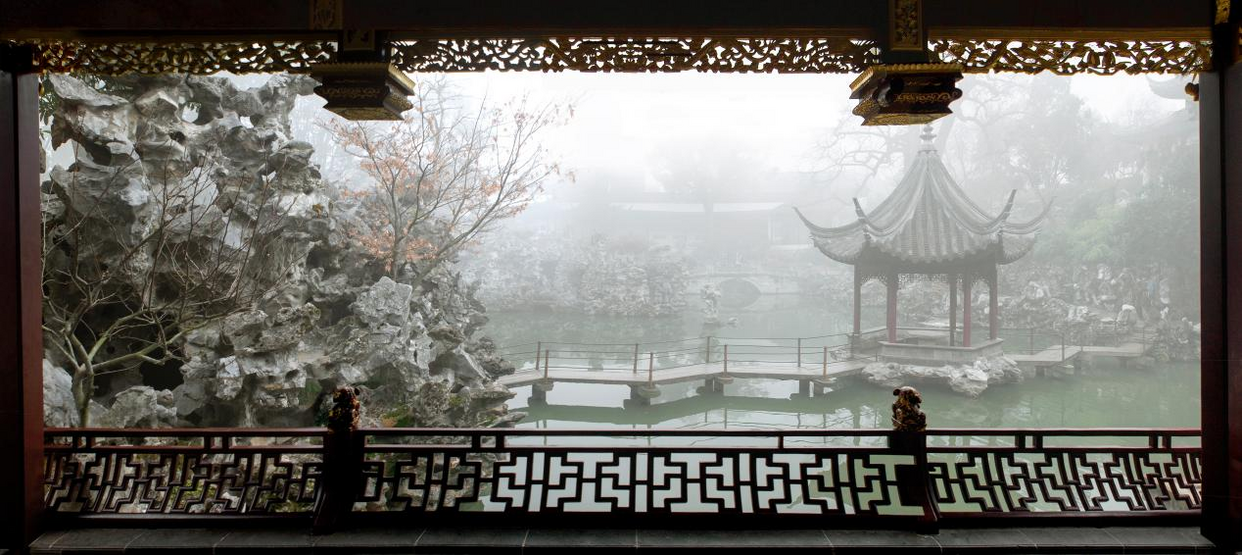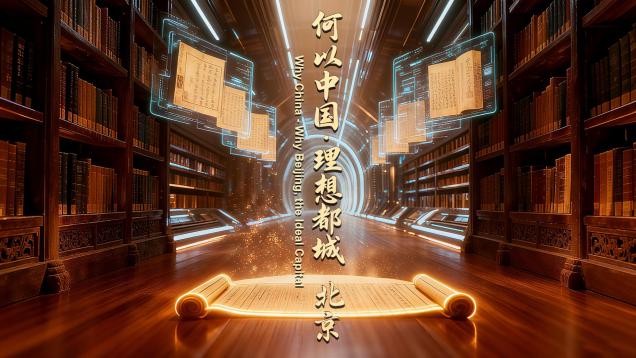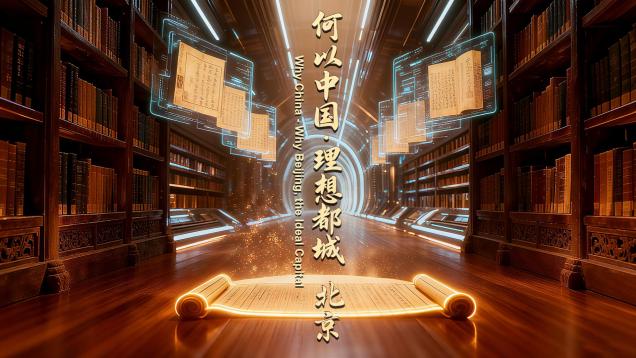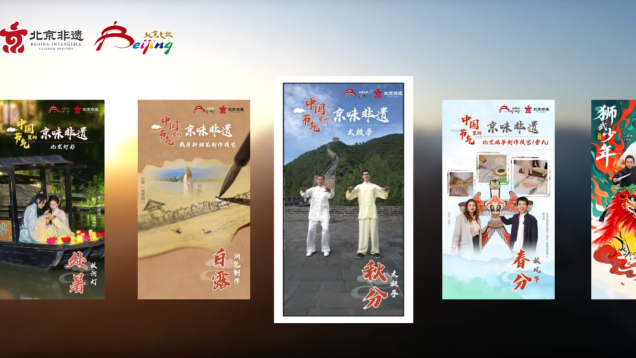Hello World, This is The Lion Forest

Suzhou gardens appeared in the Spring and Autumn Period, developed in the Tang and Song Dynasties, and flourished in the Ming and Qing Dynasties. The Lion Forest, a world cultural heritage, is one of the four famous Suzhou gardens, which was built in 1,342 and has a history of more than 600 years.

The garden is named after the lion seat written in a Buddhist scripture because the “lion-shaped” stones in the place. Every time Emperor Qianlong came to Suzhou, he would visit the Lion Forest. During five out of his six southern inspection tours in his lifetime, Emperor Qianlong visited the Lion Forest, inscribed three plaques, composed ten poems, and copied the painting of "The Lion Forest Garden" by Ni Zan.

The Lion Forest boasts cultural landscapes of Classical Gardens of Suzhou, including pavilions, terraces, storeyed buildings, towers, halls, parlors, studios and covered corridors, and is known as the "Rockery Kingdom".

In early morning, the humid air of the garden is filled with floral fragrance. Enjoying the garden view and sipping the green tea, visitors arriving early in the garden can feel the Zen-like peace.

The stacked lake stones are the base of the Lion Forest. The winding rockeries by the waterside and in the south of the garden, etc. enable visitors walking among to hear but not see each other.

The Lion Forest, surrounded by rockeries, water, and decorated with lush flowers and trees, is full of cultural atmosphere.

It’s a place where tourists can experience the charm of four seasons in Suzhou gardens, namely "the abundance of spring, the ardency of summer, the romance of autumn, and the elegance of winter".

Today, the 680-year-old Lion Forest has gone out to amaze the world.






